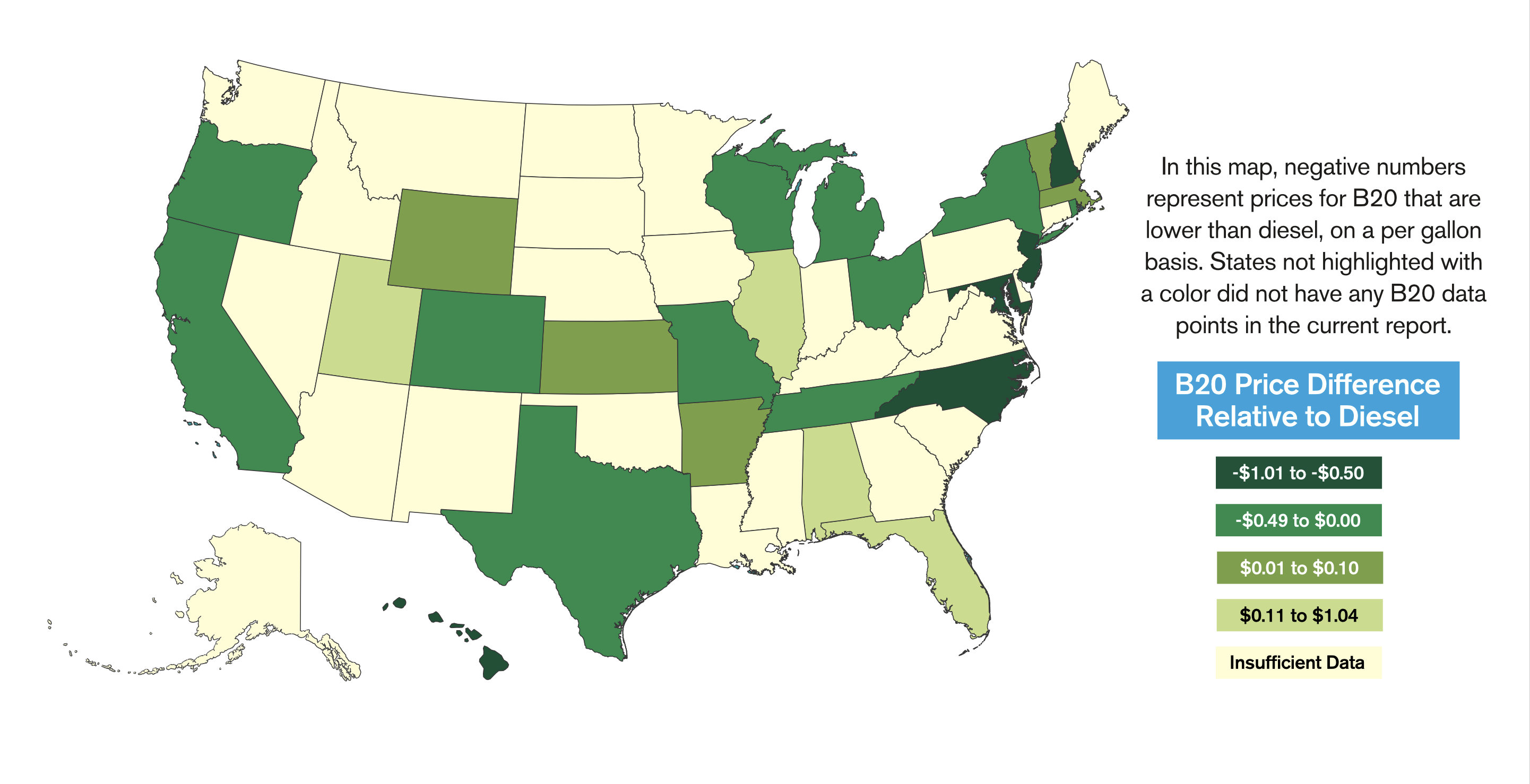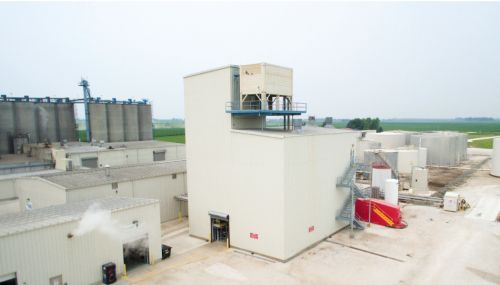All
A Final Word on Fuel Pricing
by Steve Klein, Chevron Renewable Energy Group

Two recent reports illustrate biodiesel’s cost benefits

Oil & Energy has been covering the spike in heating oil and diesel fuel prices for several months now — and rightly so — as this is truly a historic time for these commodity markets.
We know you are watching prices closely – especially now as heating fuel businesses often launch their customer offerings for the upcoming heating season during the summer months. With that in mind, we wanted to bring to your attention two recent reports that could provide some interesting food for thought when considering whether or not to pursue higher blends of biodiesel and blended Bioheat® fuel.
On May 9, Clean Fuels Alliance America (formerly the National Biodiesel Board) released a study by World Agricultural Economic and Environmental Services (WAEES) showing that U.S. production of biodiesel and renewable diesel reduces distillate fuel prices by increasing the overall supply pool.
How much?
According to the study, biodiesel and renewable diesel meet more than 6% of U.S. distillate fuel demand, providing a price benefit of up to 4%. In other words, if it weren’t for U.S. biodiesel and renewable diesel production, May’s distillate fuel prices would have been 4% or as much as 22 cents per gallon higher (based on the study’s estimates).
The full study, “The Offsetting Impact of Expanded Biomass Based Diesel Production on Diesel Prices,” is available online at cleanfuels.org/news-events.
The day after Clean Fuels published that study, the U.S. Department of Energy Office of Energy Efficiency & Renewable Energy released its latest quarterly Clean Cities Alternative Fuel Price Report.
According to the report, the national average price for B20 biodiesel was 20 cents lower per gallon than petroleum diesel in January 2022. This price difference increased 1 cent from October 2021, when B20 cost 19 cents per gallon less than unblended diesel fuel.
In New England, B20 retailed at an average price of $3.08 per gallon in January 2022, a whopping 49 cents lower than diesel prices. In the Central Atlantic region (New York, New Jersey, Pennsylvania, Delaware and Maryland), B20 maintained a 34-cent price advantage to unblended diesel fuel, on average.
In fact, in some states — New Hampshire, New Jersey, Maryland and North Carolina — B20 biodiesel retailed for 50 cents to $1.01 lower than diesel fuel. Additionally, in New York, B99/B100 biodiesel retailed at between 25 cents and $1.01 lower than diesel fuel, on average.
The full report is available online at afdc.energy.gov/fuels/prices.html.
“The Alternative Fuel Price Report is a snapshot in time of retail fuel prices,” writes the Department of Energy Alternative Fuels Data Center. “Alternative fuel fleets can obtain significantly lower fuel prices than those reported by entering into contracts directly with local fuel suppliers.”
Consider this information as some final food for thought before you finalize your supply contracts and pricing programs for the 2022-2023 heating season.
Steve Klein is Senior Manager, Marketing at Chevron Renewable Energy Group, a business dedicated to helping customers toward a lower carbon future with innovative renewable fuels. He can be reached at steve.klein@regi.com or 515-269-8364.
Related Posts
 Why Quality Matters in Your Biofuel Blends
Why Quality Matters in Your Biofuel Blends
Posted on June 25, 2025
 Incorporating Higher Blends of Biofuels
Incorporating Higher Blends of Biofuels
Posted on May 14, 2025
 NORA Programs at Eastern Energy Expo
NORA Programs at Eastern Energy Expo
Posted on May 13, 2025
 March Short-Term Energy Outlook
March Short-Term Energy Outlook
Posted on April 28, 2025
Enter your email to receive important news and article updates.
